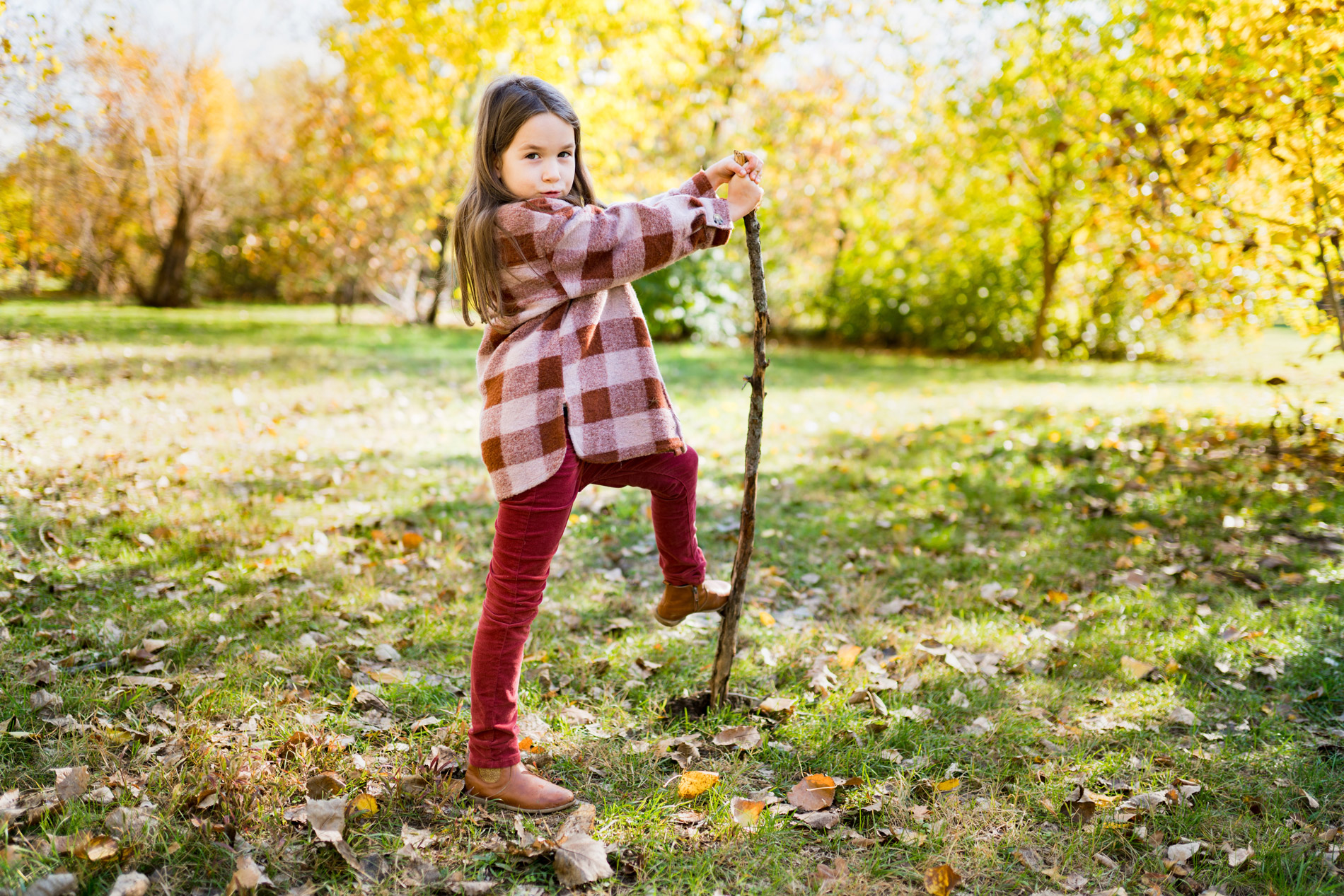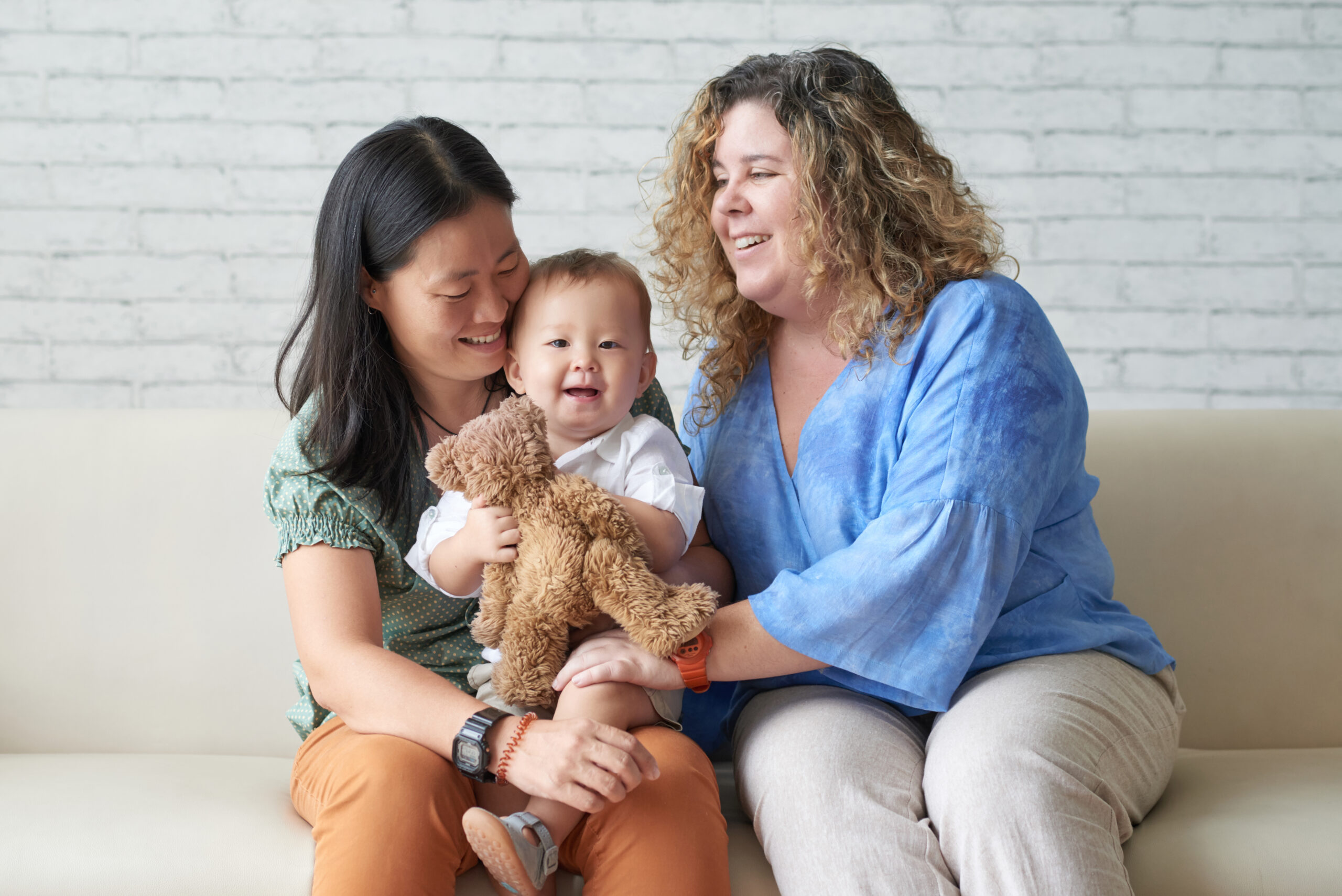Foster Caregiving
Making a difference in so many lives.
Foster Caregiving
Caring for children is every society’s most important job. Foster caregivers play an essential role by providing homes for children whose families are temporarily unable to look after them. Fostering is challenging and demanding. It requires love, patience and strong parenting skills.

What is fostering?
Fostering is about opening your home and caring for children and youth in BC who are under the age of 19 and who temporarily cannot live with their own families. Fostering means helping others in your community and comes with immense rewards for both foster caregivers and the children and youth they will foster. While fostering is about helping meet the needs of each individual child and youth, it’s also about foster caregivers helping children and youth maintain contact with their family, community and culture. The ultimate goal is for children and youth to be reunited with their families.
Why do children come into care?
There are many reasons children come into care. They may come into care through an agreement with their parent(s) or guardian(s) in order to support the child, youth and family.
Agreements may be in place to help a family through a crisis or to provide the child or youth with highly specialized care that is beyond the family’s capacity. Other children and youth may come into the care of the Director either through the Ministry of Children and Family Development (MCFD) or an Indigenous Child and Family Services Agency (ICFSA).
Do all foster caregivers provide the same kinds of care?
The needs of children and youth range from reasonably straightforward to very complex. A range of foster caregivers is needed with various levels of training, skills and experience and cultural agility. The needs of children and youth can also have complexities that are connected to historical circumstances that can hold significance in the relationship between the child and youth and the caregiver.
For example, caregivers may play a key role in supporting the child or youth in maintaining or facilitating their cultural traditions as a part of their overall care. MCFD and ICFSAs support caregivers to have access to cultural resources from the child or youth’s Indigenous family, community or nation, or affiliated Indigenous representatives. Foster caregivers work closely with the child or youth’s family.
What kind of financial support do foster caregivers receive?
There is a monthly maintenance payment to foster caregivers to cover the direct costs of caring for children and youth. Additional payments vary with the complexity of care provided, the skills of the caregiver and the needs of the child or youth.

How do I become a foster caregiver?
Anyone, 19 years or older, who wants to care for a child or youth can apply. Single people, couples and families of all constellations and backgrounds – with or without their own children – may apply to become foster caregivers.
We welcome Indigenous Peoples, visible minorities, persons with disabilities, persons of diverse sexual orientation, gender identity or expression (LGBTQ2S+) and others who may contribute to diversity in the availability of foster homes to be a good match for BC children and youth who need homes.
It is not necessary to own a home or be a stay-at-home parent. Foster caregivers do require the maturity to carry out the day-to-day duties and responsibilities required to care for a child or youth.
Participating in either a group information session or a meeting with a social worker where you’ll learn more about foster caregiving is one more step you’ll take. This will help you make an informed decision about whether fostering is a fit for you and your family.
Once you have decided to proceed, you will complete a foster caregiver application form. The application is available from the local office or DAA where you completed your information session. It is not available online.
The Assessment Process
The assessment process includes reference checks, medical checks, any historical and/or current involvement with MCFD/DAA, as well as criminal record checks on all adults over 18 years of age who live in the home.
Please note: There are processes in place to assess an applicant’s history, including history with the ministry and criminal records history and determining its relevance to becoming a caregiver. Contact MCFD or a DAA to explore further.
PRIDE PRE-SERVICE TRAINING
Once the initial screening is complete, you will be invited to take the required PRIDE pre-service training for foster caregivers. This training is online and needs to be completed by all adults in the home who will be engaged in caregiving. Learners have 12 weeks in which to work through ten learning modules. PRIDE pre-service training takes about 35 hours to complete. For remote communities with limited or no computer access, please contact MCFD or your DAA about how to complete the training.
HOME STUDY
In addition, a social worker will visit your home to complete a home study. The home study consists of a series of interviews with every adult living in the home and will entail an average of 4-6 interviews. It is through these interviews that the social worker will get to know you and your family including your routines, schedules and the needs of your family members.
The social worker will talk to you about health, personal history, lifestyle, interests, child-care experiences and the skills you bring to fostering.
The home study process also helps to identify what supports or education may be useful for you in order to help you meet the needs of a child or youth.
The information from these interviews will help both you and the DAA/MCFD determine if you are able to respond to a child or youth’s physical, emotional and cultural needs and will be used to match your family to a child or youth who is in need of a safe, nurturing home.
Once the approval process is successfully completed, you will be asked to sign an agreement outlining your responsibilities and those of MCFD or the DAA.
Once the above is complete, a child or youth may now be placed in your home. The length of time that you may wait for your first placement depends on the needs within your community.
ONGOING TRAINING
Ongoing training is required and expected of all foster caregivers to support professional development and to further their specialized knowledge and skills.

What is my role as a foster caregiver?
AS A FOSTER CAREGIVER, you are part of a team that includes the child or youth, the child or youth’s family, the child or youth’s worker, your resource social worker (a resource social worker is an MCFD/DAA social worker who supports foster parents), and other service providers involved with the child or youth’s care. Together you work to return the child or youth to their family whenever possible.
Your responsibilities include:
- Providing the child or youth with a safe home and nourishing meals, appropriate clothing.
- Fostering the child or youth’s social and emotional well-being.
- Creating a warm, nurturing environment with guidance and supervision that responds to the child or youth’s individual needs and ethnic/cultural heritage.
- Establishing a smoke-free environment, including tobacco, marijuana, vaping and e-cigarettes. This smoke-free policy means no smoking by anyone, including foster caregivers, in the foster home or the foster caregiver’s vehicle. It’s important to note that cultural ceremonies such as smudging are encouraged and do not contravene this smoke-free policy.
- Collaborating with the child or youth’s care team in the development and implementation of a care plan.
- Maintaining or establishing an Indigenous child or youth’s connection to their Indigenous traditions, culture and language, families and communities to promote and preserve their unique identity as an Indigenous person.
- Meeting regularly with your resource social worker and informing the worker about any changes in your family.
- Facilitating regular contact between the child or youth and their family, siblings, community and nation, whenever appropriate. You will be supported by the DAA/MCFD to arrange regular contact.
How is the child or youth’s family involved?
As an important part of the planning team, the child or youth’s family and community and nation is involved in decisions concerning their life and care. Where possible, children and youth in care need ongoing contact with their families, extended families, community and nation.
How long will a child or youth stay with me?
A child or youth’s length of stay will vary with their individual family`s circumstances. When returning home is not an option, a plan for permanency is developed which may include transfer of custody to a family or community member, adoption or independence.
Do I have a choice about who I foster?
Yes. Foster caregivers are involved in deciding which child, children or youth will live in their home. This decision is based on many factors such as the ages and needs of other children or family members in the home, caregiver skills and the child or youth’s needs.
Children and youth have a right to have their views respected. MCFD, DAA and foster caregivers are obligated to respect the rights of children and youth to express their views. This includes decisions regarding their placement.

Fostering needs and matching children and youth to foster care
Care specializations
Foster caregivers often provide specific types of care, whether that be caring for children or youth within a certain age range, providing respite versus full-time care or putting their specialized skills to use caring for children and youth with extra support needs. The number of foster caregivers a community requires varies over time, but some foster caregiving needs remain consistent.
Fostering sibling groups
Every effort is made to place siblings in the same foster home. Keeping siblings together provides familiarity and stability and is important given that the sibling relationship can be the longest familial relationship any of us will have in our lives. Foster caregivers may look after two, three, or sometimes even more siblings at one time.
Fostering children with extra support needs
Some foster caregivers choose to look after children or youth with extra support needs. These can include extra support needs related to mental health, trauma and physical or developmental challenges. Children and youth with extra support needs can also include those who have been professionally diagnosed with an intellectual, physical or emotional disability. The degree of time, attention and care required depends on the individual needs and strengths of the child or youth.
Children and youth with extra support needs often require additional help and support with daily self-care and activities. More time and energy may be spent with community professionals in providing coordinated and specialized services to meet their unique needs.
Fostering youth
Youth are at a life stage where they are trying to find and establish their own independence and identity. This is a journey that presents unique adventures and challenges.
There are many different reasons why youth come into care. In some cases, their parents have challenges that make it impossible for them to provide care. Other times, youth – for any number of reasons – may be at risk. With the help of foster caregivers, youth may return to their families, move into permanency with another family or gain the skills to live independently.
Youth need an anchor and an appropriate amount of independence as they develop their unique identities, life and decision-making skills. Youth need to be actively involved in their own planning, and as a result, youth may have larger care teams.

Fostering Indigenous Children and Youth
WHEN INDIGENOUS CHILDREN AND YOUTH MUST BE AWAY FROM THEIR FAMILIES, it’s important for them to live with an Indigenous family – ideally, a family from the same nation. This helps them stay connected with their traditions, language and culture and to feel more at home.
If a child is placed in a non-Indigenous foster home or with an Indigenous caregiver from a nation different than the child or youth’s, the foster caregiver must commit to either facilitating or maintaining a connection to the child or youth’s traditions, language and customs. This connection can help promote and preserve their identity as an Indigenous person. This can include supporting visits with siblings, family, communities, or attending cultural events. As the caregiver, you will have a key role in supporting the connections. The ministry and Delegated Aboriginal Agencies will support caregivers to have access to cultural resources from the child or youth’s Indigenous family, community, Nation, or affiliated Indigenous representatives.
As the foster caregiver, you play a key role in supporting connections that can include supporting visits with siblings, family, and communities, and attending cultural events. MCFD and the DAAs will support foster caregivers to access cultural resources from the child or youth’s Indigenous family, community or nation, or affiliated Indigenous representatives.
FOSTERING IN THE MULTICULTURAL OR INDIGENOUS COMMUNITY
Children and youth placed in homes that share the same or similar traditions, language and customs will be able to communicate better, learn about their history and practice their language, traditions, cultural and religious beliefs. The goal is to place children and youth with foster caregivers who share their background.
The DAAs and MCFD are responsible for recruiting foster caregivers from a variety of backgrounds. The overall goal is to place children and youth with foster caregivers who are willing to learn and are able to help promote learning about, exploring, incorporating and maintaining the child or youth’s cultural identity relevant to their culture and history.

What if I need support services?
FOSTERING A CHILD OR YOUTH can be one of the most rewarding experiences in life. At the same time, it requires a great deal of dedication.
In addition to the resource social worker attached to the foster home and the child or youth’s social worker, foster caregivers may be involved with a number of other professionals who can provide additional support.
You may also be eligible for the services of a support worker, a child care worker, an infant development worker or other support service depending on the needs of the child or youth.
The foster caregiver, resource social worker, child or youth’s social worker and others will decide upon which services are needed to support the foster parent and child or youth’s placement in the home.
Becoming a Foster Parent

Right now, there are more than 4,000 kids across BC who need temporary foster families when they can’t live at home. You can have a huge positive impact on their lives.
Helpful Resources

At BCFPA, we have a wealth of resources for foster parents, social workers, and other stakeholders looking for information.
Phone
Main:
604-544-1110
Toll-Free Foster Parent Line:
1-800-663-9999
Office hours: 8:30 am - 4:00 pm, Monday to Friday
PROVINCIAL CENTRALIZED SCREENING
Foster parents are encouraged to call this number in the event of an EMERGENCY or CRISIS occurring after regular office hours:
1-800-663-9122
REPORT CHILD ABUSE
If you think a child or youth under 19 years of age is being abused or neglected, you have the legal duty to report your concern to a child welfare worker. Phone 1-800-663-9122 at any time of the day or night. Visit the Government of BC website for more info.
address
BCFPA Provincial Office
Suite 208 - 20641 Logan Avenue
Langley, BC V3A 7R3
contact us
Fill out our contact form...

News
Site menu
Subscribe to Our Newsletter
Charitable Registration #
106778079 RR 0001
Our work takes place on the traditional and unceded Coast Salish territories of the Kwantlen, Katzie, Matsqui and Semiahmoo First Nations. BCFPA is committed to reconciliation with all Indigenous communities, and creating a space where we listen, learn and grow together.
© 2021 BC Foster Parents. Site design by Mighty Sparrow Design.